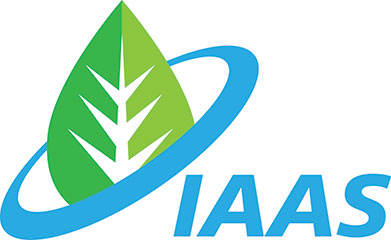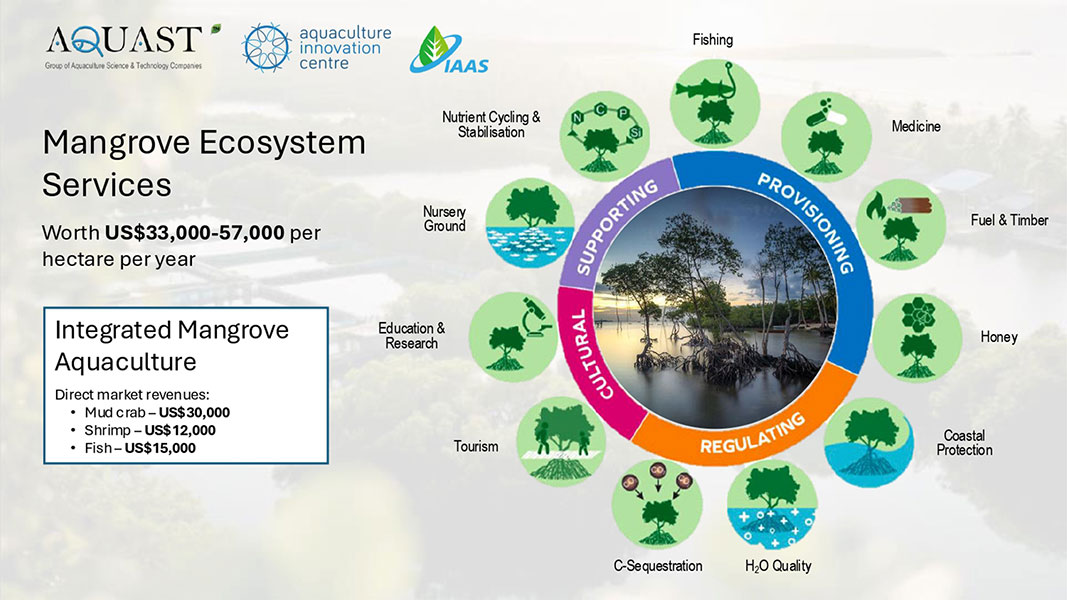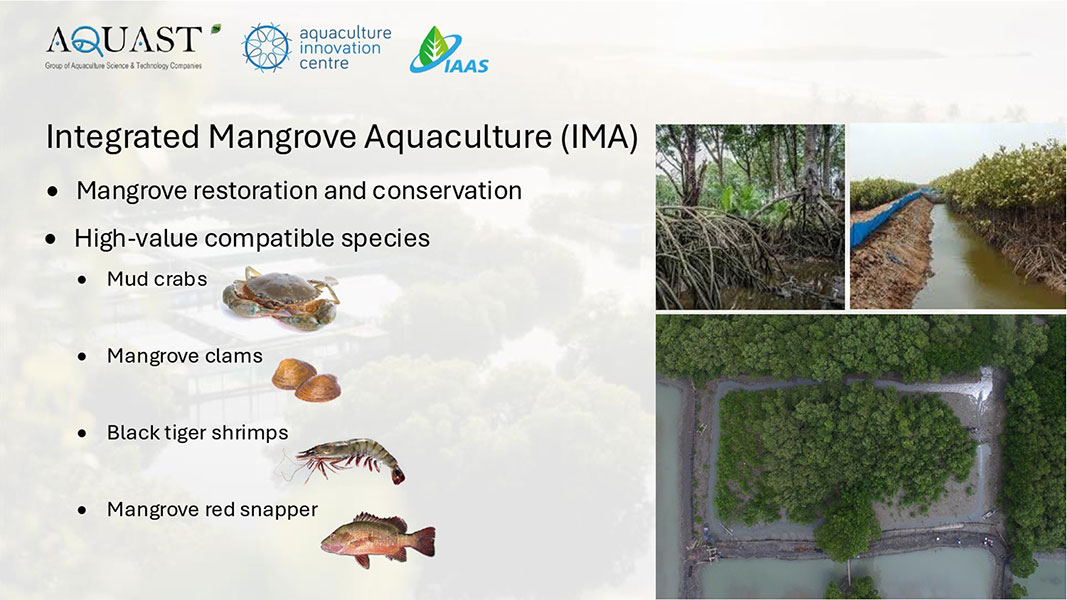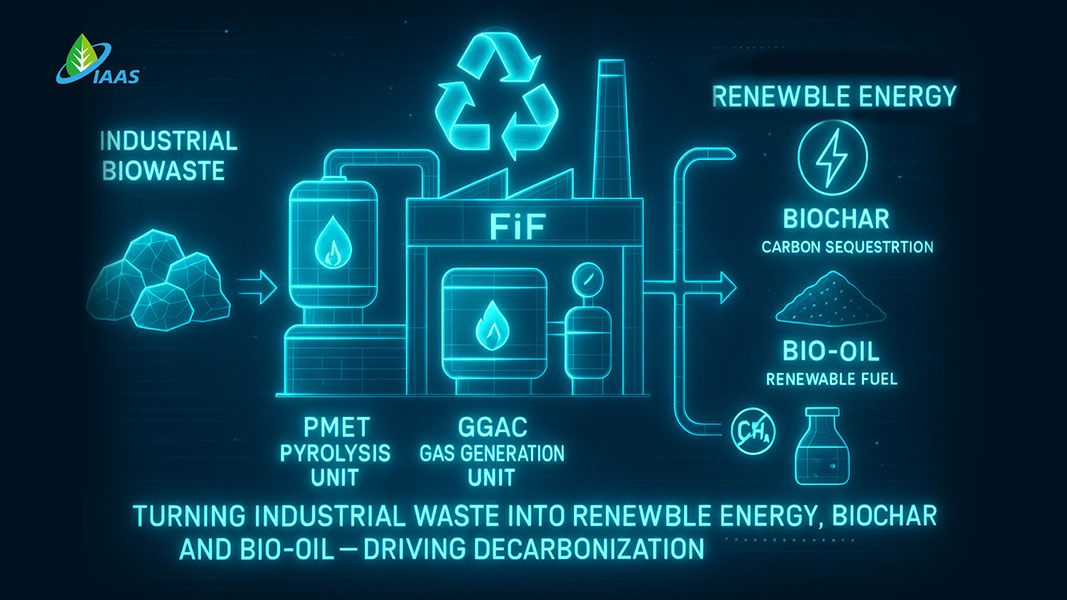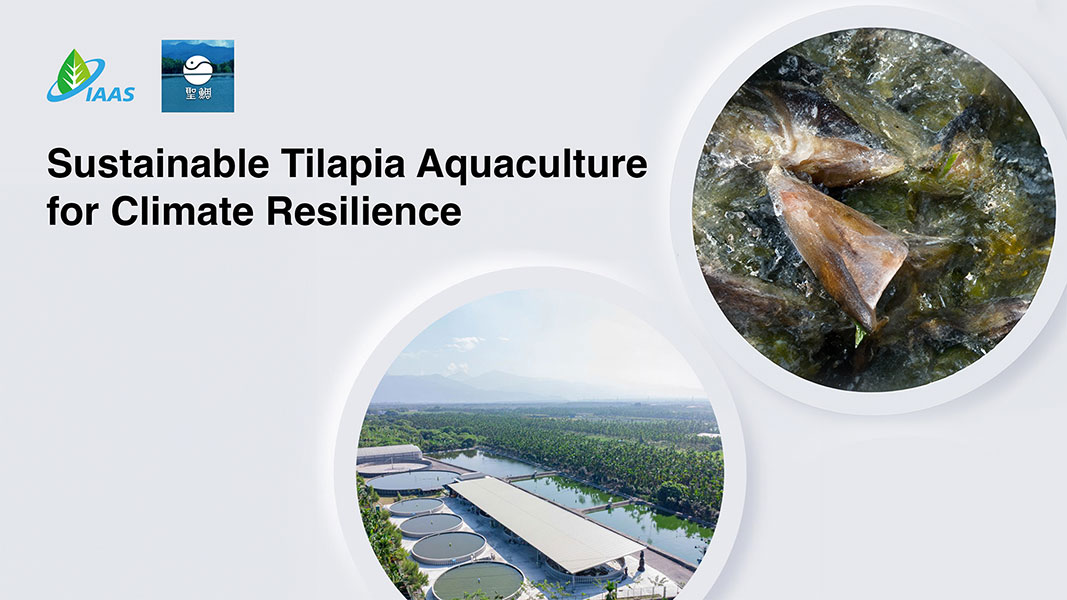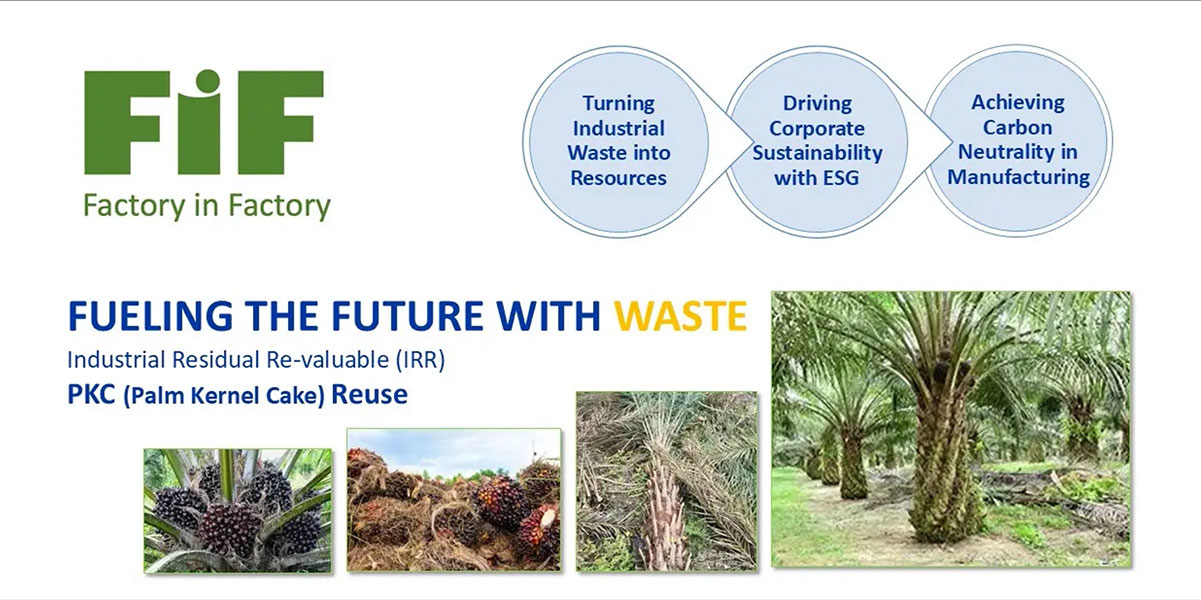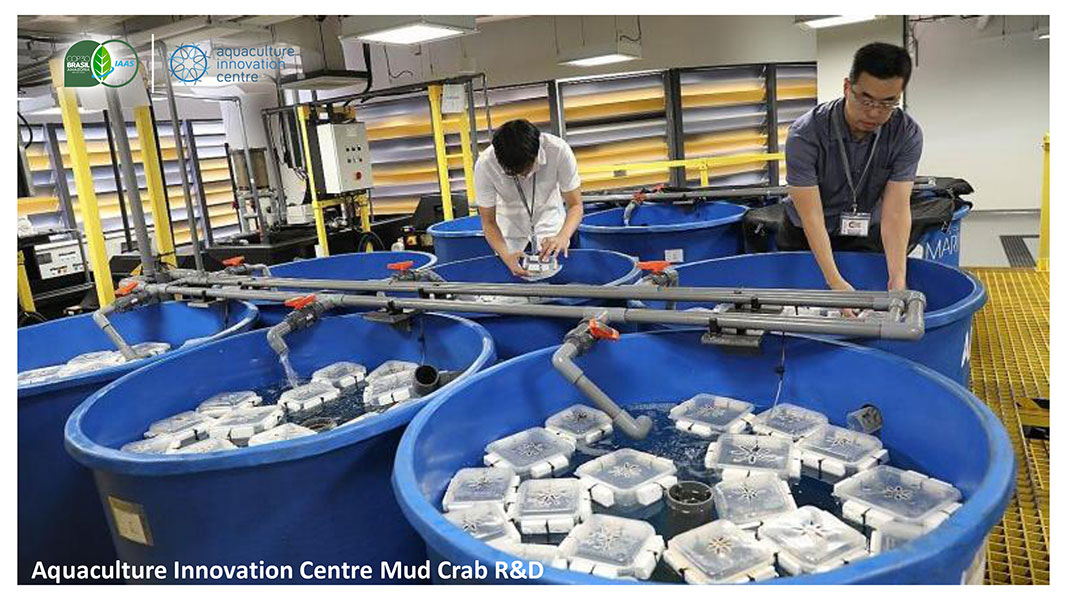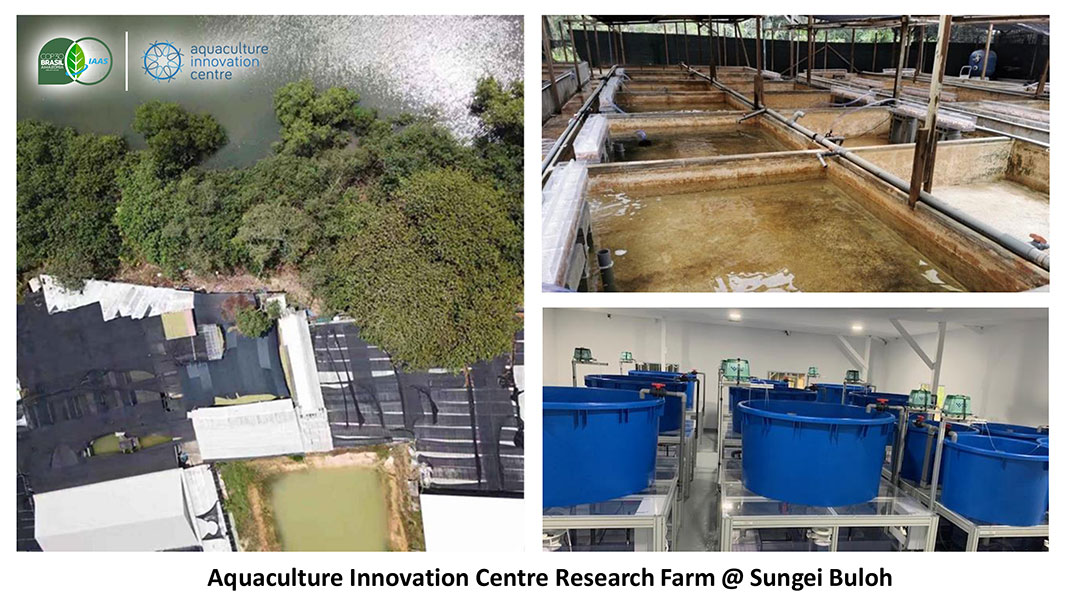Call the 24/7 ScamShield Helpline at 1799 if you are unsure if something is a scam.
HTML
HTML
HTML
International Association for Agricultural Sustainability (IAAS)
IAAS is a Singapore-based non-profit organisation advancing sustainable agriculture and climate resilience through science, innovation, and international collaboration. Partnering with government, academia, industry players, and communities, IAAS co-creates practical blue-economy and agri-food solutions that protect ecosystems, decarbonise value chains, and enhance livelihoods.
IMA: The Financial Engine for Mangrove Conservation
Integrated Mangrove Aquaculture (IMA) demonstrates how aquaculture can drive mangrove conservation. Using a silvofishery model, mud crabs are co-cultivated with mangroves — their roots filter water, stabilise coastlines, and support nurseries for marine life.
In partnership with the Aquaculture Innovation Centre (AIC) at Temasek Polytechnic, Aquast supplies quality crablets to restore mangrove ecosystems in Brunei and beyond. This model connects technology, community, and conservation — revenues from sustainably farmed crabs directly fund replanting and habitat management.
By generating income from seafood instead of waiting for carbon credits, IMA ensures local adoption and long-term financial viability. The restored mangroves sequester Blue Carbon and enhance biodiversity, offering a scalable blueprint for nature-based climate solutions and regional collaboration.
InteIMA: The financial engine for mangrove conservation.
FiF: Turning Biowaste into Energy, Building a Circular Future
Factory-in-Factory (FiF) integrates modular Waste-to-Energy systems within agro-industrial sites, converting residues such as oil palm kernel cake into renewable power, biochar, and bio-oil. Each unit, using PMET and GGAC technologies, processes 300 kg/hour of biowaste to produce 130,000 kWh/month of clean electricity, 360 tonnes/year of biochar, and 120 tonnes/year of bio-oil — all without secondary pollution.
A medium-scale palm oil mill processing 30 tonnes of fruit bunch per hour typically requires five FiF units, generating multiple revenue streams from feed-in tariff sales, carbon-creditable biochar, and bio-oil, with a payback period of about 2.7 years.
Representing Singapore’s leadership in regional decarbonisation, FiF links green finance, circular economy, and carbon reduction. It turns agricultural waste into clean energy — a scalable, profitable, and proven pathway to sustainability.
FiF: Turning Biowaste into Energy, Building a Circular Future
Sustainable Tilapia Aquaculture for Climate Resilience
The Next-Gen Tilapia Aquaculture System in Brunei, co-developed by IAAS and Sheng-Diao Aquatic Technology, pioneers climate-resilient marine aquaculture through innovation and circular design.
The automated system cultivates YY tilapia — a hardy, fast-growing, all-male strain — in eco-engineered tanks with smart aeration and flushing. This integrated setup optimises oxygen, water flow, and microbial balance, reducing feed and waste while enhancing growth and water quality.
It also promotes energy efficiency and nutrient recycling, integrating solar power, nano bubble, and biofilter systems to close the resource loop. The result is a low-carbon, high-efficiency aquaculture model that supports food security and rural livelihoods across tropical regions.
As part of Singapore’s COP30 showcase, IAAS demonstrates how technology and sustainability can deliver scalable, climate-positive solutions for the tropical blue economy.
IAAS × Sheng-Diao: Sustainable aquaculture for climate action
AIC: Translating Research into Scalable Climate Solutions
Aquaculture Innovation Centre (AIC), hosted by Temasek Polytechnic, is Singapore’s national platform linking research, technology, and industry to advance sustainable aquaculture innovation. Its key focus areas include: Smart Hatchery Systems, Feed and Health Management Innovations, Circular and Low-Carbon Systems, and Climate-Resilient Aquaculture System Integration.
Through collaborative R&D and technology transfer with partners such as IAAS, Aquast, and Sheng-Diao Aquatic Technology, AIC transforms science into scalable solutions.
Focus areas include smart hatchery systems, feed and health innovations, circular low-carbon aquaculture, and climate-resilient integration projects like Next-Gen Tilapia.
By bridging academia and industry, AIC drives regional aquaculture resilience and sustainable growth in the ASEAN blue economy.
National Centre for Innovation in Aquaculture
 Back
Back